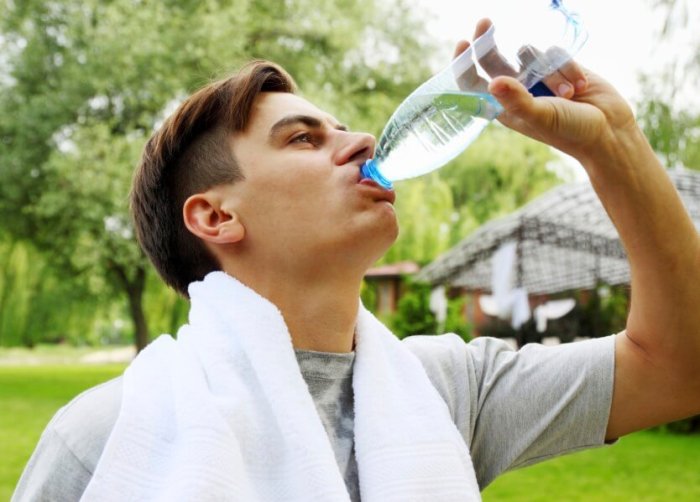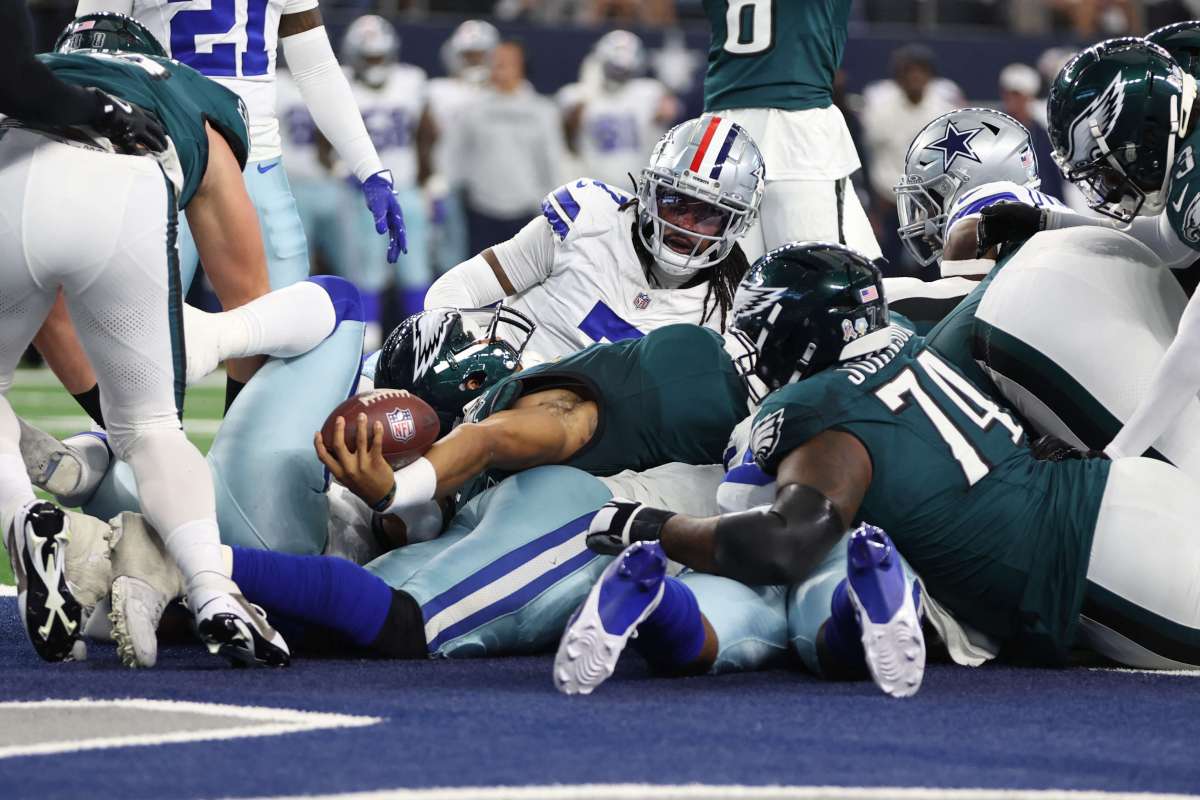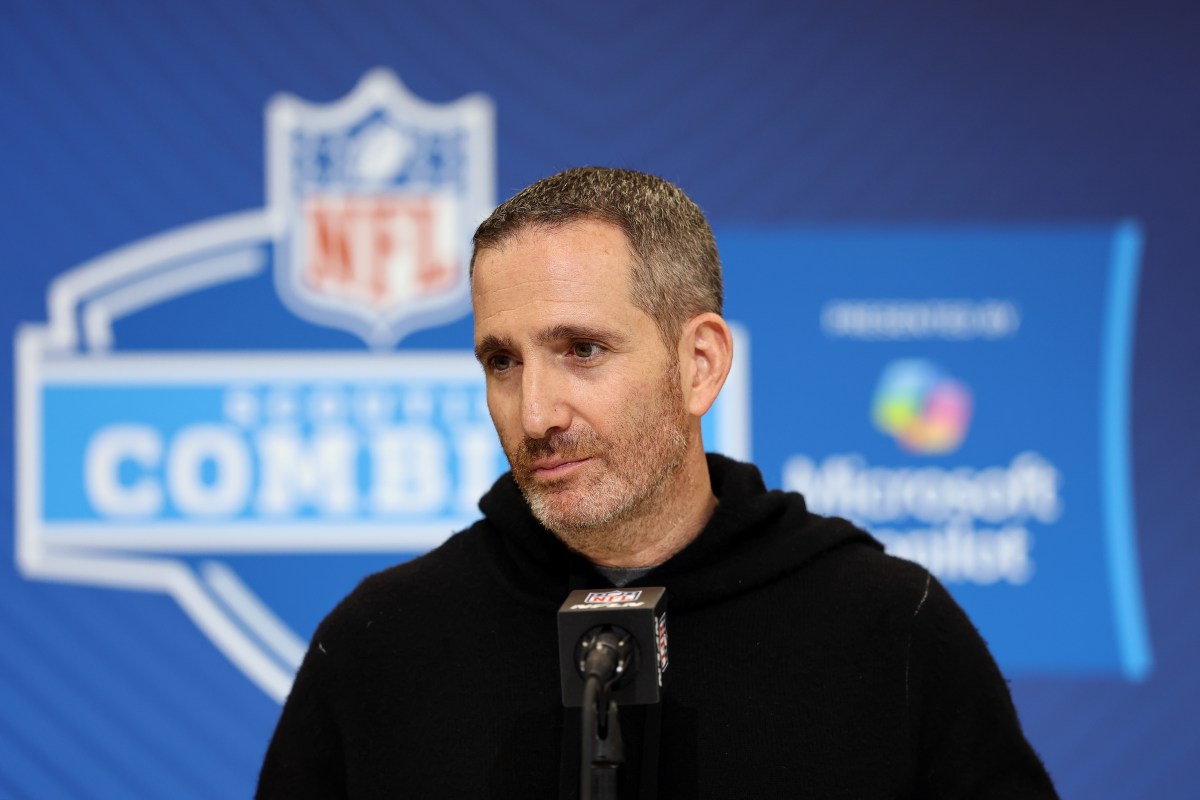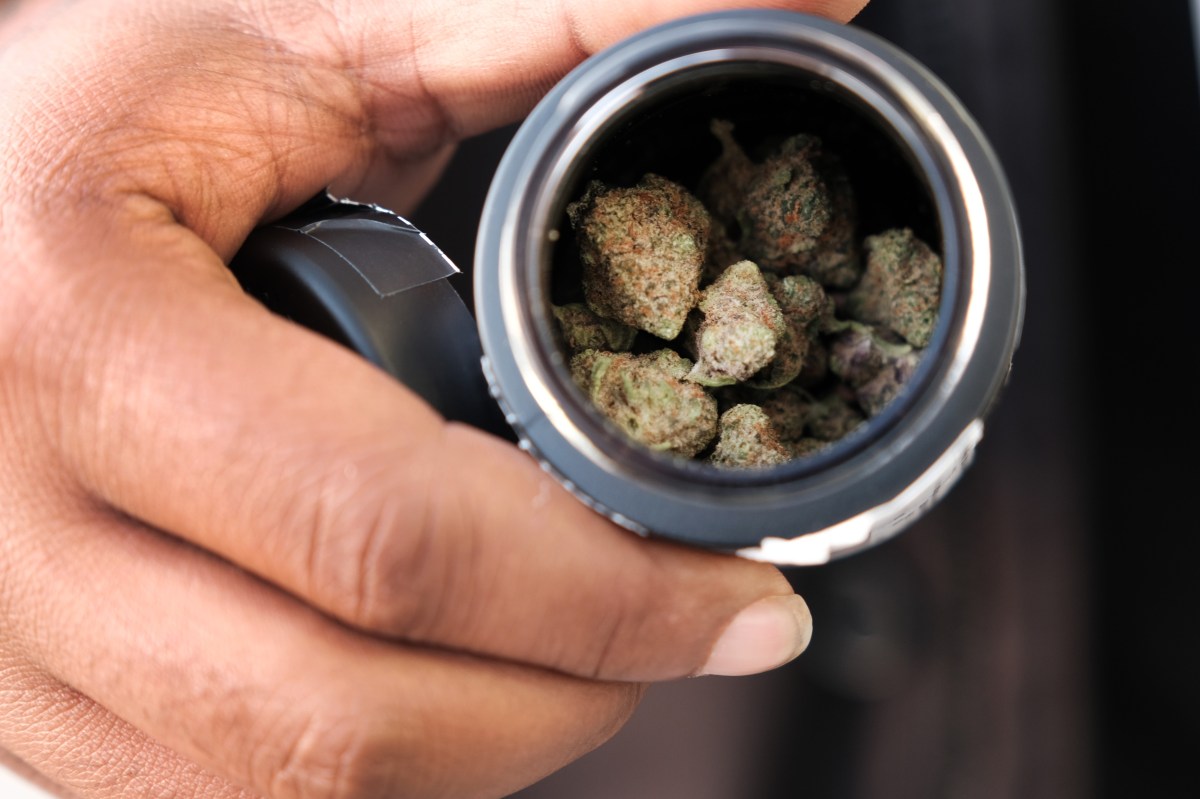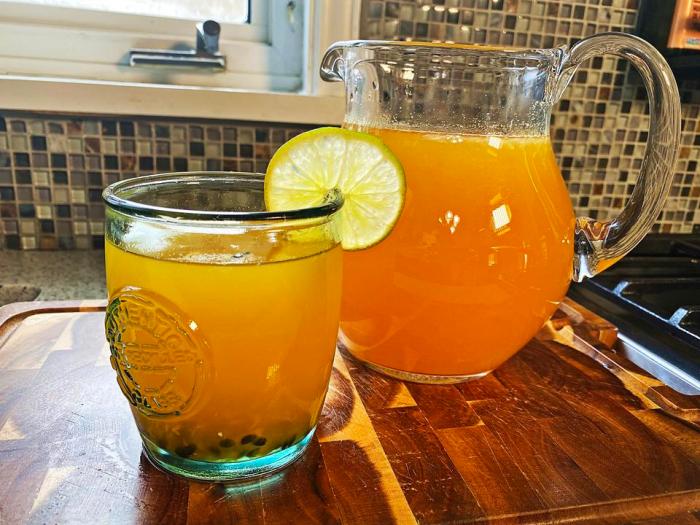It’s that time of year — holiday parties with open bars, long, wine-heavy dinners with family, raucous nights out with friends. The common denominator? Booze; lots of it. It’s a time to let loose, but you don’t want to waste your hard-earned vacation days worshipping the porcelain goddess (and that will be the first and last hangover-related euphemism in this article, we promise).
We all wish we could drink to our heart’s content without any consequences, but that’s just not the way it works.
Dr. George F. Koob, director of the National Institute on Alcohol Abuse and Alcoholism (NIAAA) breaks it down: “There’s no free ride in the brain; if something makes you feel good, it’s going to make you feel lousy later when it wears off.”
And while we’d love a magic bullet, “there’s no one particular [hangover] cure, per se,” according to Dr. Stephanie Zeszutek, MD, an OG-GYN and professor at Touro College of Osteopathic Medicine. “I like to say ‘management’ instead of cure; [treating a hangover] is really managing your dehydration, managing your electrolyte imbalance,” she explains.
Koob’s general advice: moderation, pacing yourself and knowing your limits.
While that all sounds like common sense — easier said than done. Here are some practical tips to help prevent those difficult mornings after; and if you do slip up, to help you recover.
The night of
Hydration, hydration, hydration. Koob recommends drinking plenty of water alongside your alcoholic beverages, or as “drink spacers” in between cocktails — which will also help you with pacing.
“By and large, the most overwhelming factor is how much alcohol you take over a short period of time,” he says.
Be sure not to drink on an empty stomach, which can increase the rate of intoxication. Nutritionist Keri Gans, author of “The Small Change Diet,” recommends starting off the night with a well-balanced meal of protein, healthy fat and fiber, which will help slow down your body’s absorption of alcohol.
Another exacerbating factor: certain medications. Dr. Shanna Levine, a primary care physician at Mount Sinai Health Systems, says to check with your healthcare provider before mixing alcohol with prescription drugs, like antidepressants, which may lower your tolerance.
The morning after
Sorry, but “the hair of the dog” will not help you. “A hangover is basically a mini withdrawal syndrome,” Koob explains. In the short term, that bloody mary at brunch might give you the illusion of feeling better— by getting you temporarily drunk again — but it will only make your hangover worse later in the day.
For a headache
Water, first and foremost, says Koob, followed by rest.
Coffee can help relieve a headache; but know that caffeine, like alcohol, is also a diuretic. Make sure to match your cup of joe with ample water to prevent further dehydration, Gans advises.
To help replenish lost electrolytes while you hydrate, Gans names coconut water, Pedialyte and sports drinks, such as Gatorade. Because the latter both have high levels of sugar, she cautions against having more than one.
To help reduce the headache, Levine suggests taking 400-600 mg of Ibuprofen or another non-steroid anti-inflammatory (NSAID) med; she notes that intake should be limited on a daily basis, however, due to side effects.
For nausea
You know you need to drink water and put something in your stomach, but what if you’re at that point where you can’t keep anything down?
In her work as an ob-gyn, Zeszutek is accustomed to helping pregnant patients manage their nausea. (And a hangover, if you think about it, is kind of like morning sickness.)
She recommends freezing ice pops with low-acidic fruit juice (think, apple, carrot, or aloe vera, as opposed to high-citrus orange or grapefruit, which could trigger nausea) as a gentle way to take in fluids and electrolytes. Similarly, sipping on a cool, refreshing smoothie made with banana (high in potassium) apple, and yogurt (basic, coats your stomach) won’t shock your system. Add in ginger, a known nausea aid, when you can.
On the savory side, Gans recommends a salty soup, like chicken soup, which is easy to eat and will help replenish sodium levels.
If you’re feeling OK enough to venture into the terrain of solid foods, Gans says to keep it bland and simple. She recommends eggs (gentle on the stomach) with whole-grain toast (providing an energizing carb boost).
When it comes to mobile intravenous fluid replacement treatments, offered via companies like the Hangover Club, which will send a nurse to hook you up to an electrolyte-rich drip at your home, Levine says they may work as a fast track to hydrating you. If you can afford them (the Hangover Club’s in-house treatments start at $199). “Adequate oral intake of calories or fluids is sufficient to treat most hangovers,” she says.
That being said, if your hangover lasts longer than 12 to 24 hours—if you find yourself on day two of discomfort and vomiting—then you might need to seek medical attention, says Zeszutek.




